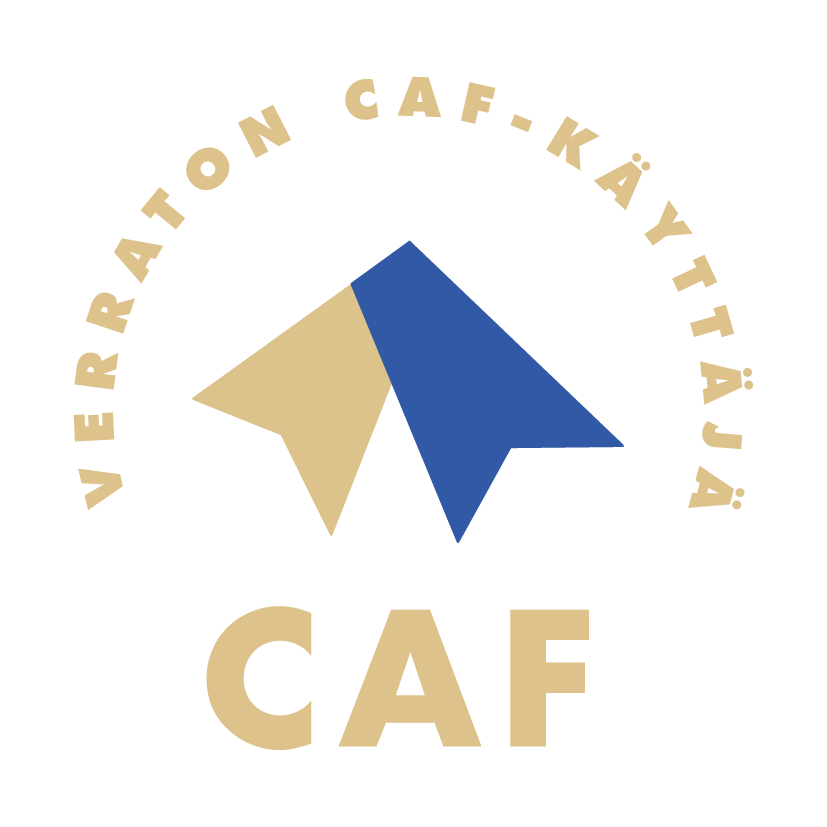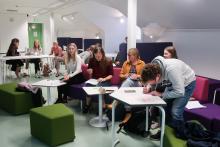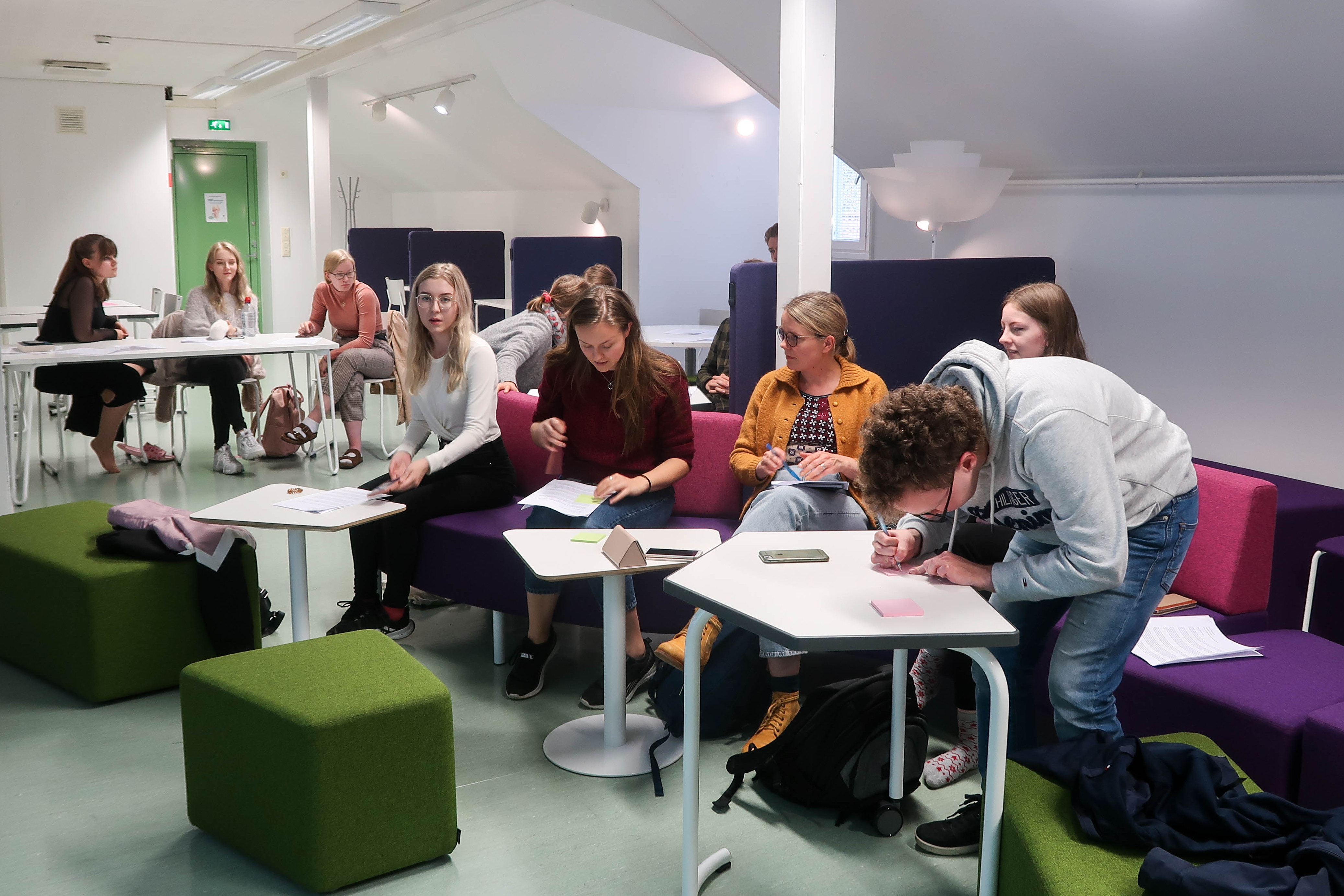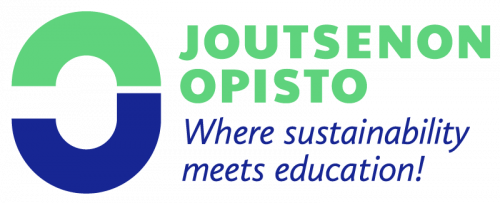Sustainable development and eco-social education – the cornerstones of Joutseno College's activities
AT JOUTSENO COLLEGE, ECO-SOCIAL EDUCATION IS A COMBINATION OF RESPONSIBILITY, INTERPERSONALISM AND FAIRNESS, WHICH IS REFLECTED IN ALL ACTIVITIES.
Joutseno College wants to be a pioneer in sustainable development and eco-social education by 2035. This means that sustainability and the future are taken into account in everything the college does, be it food services, energy solutions for buildings or the content of courses.
– Everything can, and in our opinion should, be seen through the lens of responsibility and eco-social literacy if we want to act in an ethically and ecologically sustainable way, says Vice Principal Hilla Tolonen.
Responsible operations are based on the principle of continuous improvement, which is why Joutseno College was awarded the CAF award for the second time in spring 2022 for its exemplary development work. Joutseno College is the first and only educational institute to have received this prestigious recognition.
The college is also certified by the OKKA Foundation as an educational institute of sustainable development. Obtaining and maintaining the certification requires a holistic approach to sustainable development in the teaching, culture and management of the college, as well as continuous development work that aims to achieve innovation and a sustainable future. The college conducts an annual self-assessment of sustainable development and publishes an annual report on sustainable development.
Eco-social education and sustainable development are partially integrated into all curricula, but are particularly visible in the interdisciplinary 'Edetään ekoina (progress ecologically)' programme and its content. This programme is specifically designed around the concept of eco-social education and transformative learning. For the first time, the content of the studies focuses on living a sustainable life through concrete actions and active participation, and introduces a variety of student-centred experiential pedagogical methods. It builds a sustainable life by starting from the premise that the learner is someone who knows him/herself and knows his/her own significance.
– We have identified a feeling of well-being and knowledge of one's own significance as starting points for sustainable living. Only then can we all feel that building a sustainable future is important, says teacher of sustainable development, Joanna Hämäläinen, who designed the Edetään ekoina programme.
In addition to the ecological aspect, the social aspect and the involvement of the whole surrounding community are also important. We treat each person who comes to us as a valued individual, whom we welcome and consider an important part of our community. This creates a safe atmosphere that feels comfortable and is conducive to learning new things. The college also offers free and accessible public events, the most important of which are the annual spring seminar on sustainable development and the cultural events of the Summer of Arts. Anyone can come and educate themselves academically and culturally.



